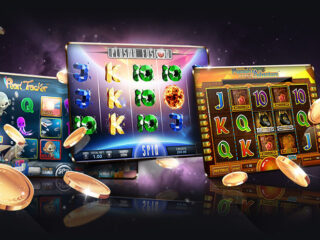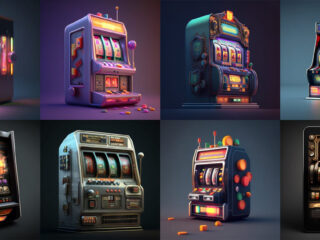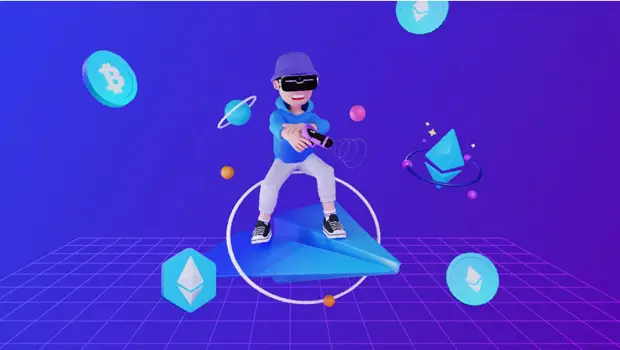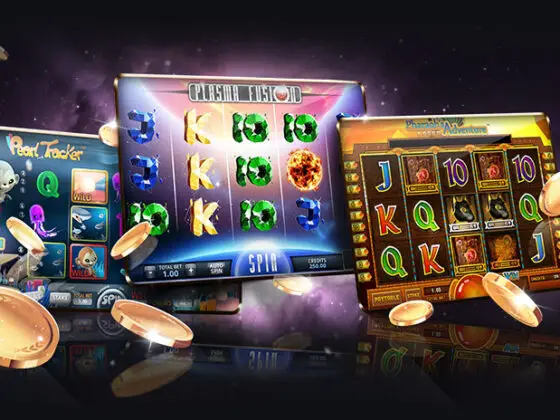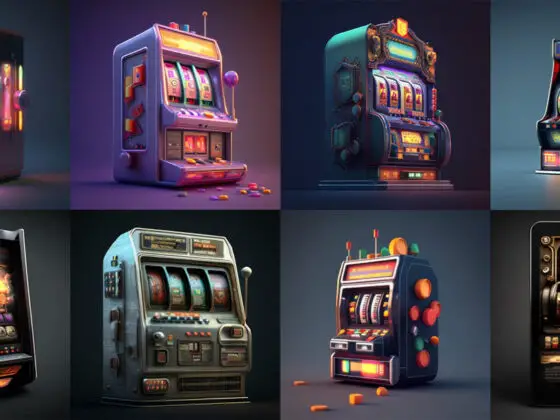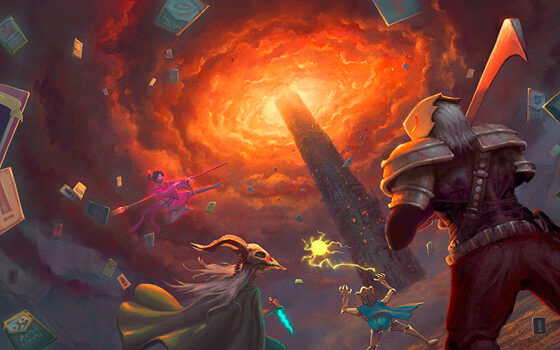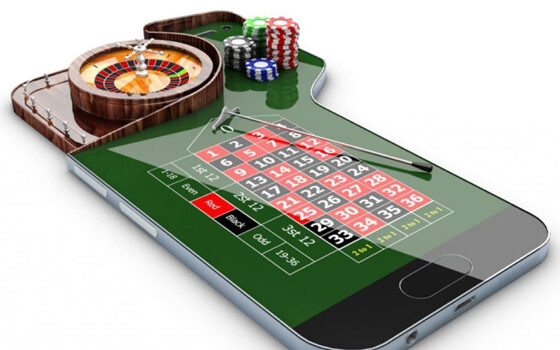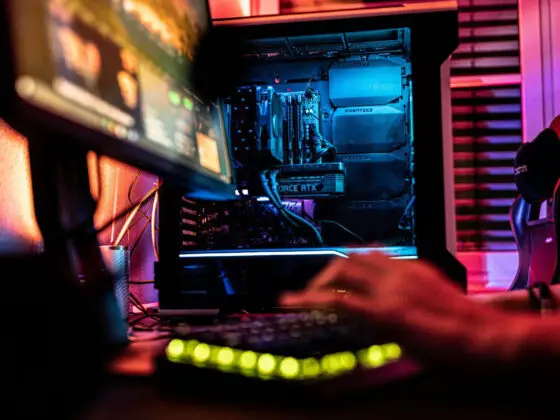Blockchain is one of the most revolutionary modern technologies. It has significantly various industries, and mobile gaming is no exception. Blockchain is a decentralized and distributed ledger technology that underlies cryptocurrencies like Bitcoin and Ethereum. In this article, we will explore blockchains considerable influence on mobile gaming.
1. Enhanced Security and Transparency
Blockchain’s decentralized structure enhances security by removing the need for a central authority. This makes it resistant to hacking and fraudulent activities. Each transaction is recorded securely and tamper-proof on the blockchain, ensuring transparency.
While the blockchain keeps cryptocurrencies securely, this doesn’t mean everything associated with crypto is safe. Take Bitcoin casinos as an example. Not all of them can be trusted.
If you like to play slots and poker using Bitcoin, choose a safe crypto casino. The people at Cryptocasinos247 can help you find trustworthy crypto gambling sites. Most of these sites welcome you with bonuses, meaning you get to boost your bankroll from the word go.
2. True Ownership of In-game Assets
NFTs have revolutionized the concept of ownership in mobile gaming. Players have verifiable proof of ownership for their in-game items, characters, and other digital assets.
This ownership extends beyond the game environment. It allows players to trade or sell their assets on external platforms. NFTs open up new avenues for players to monetize their mobile gaming experiences. It fosters a sense of investment and attachment to the virtual items they acquire.
3. Interoperability and Cross-Game Assets
Blockchain’s interoperability enables players to use digital assets across different games and platforms within the same blockchain ecosystem. This seamless transferability enhances the overall gaming experience. It provides players with a more dynamic and interconnected virtual world.
Developers can collaborate to create cross-game experiences, and players can carry their hard-earned assets from one game to another, creating a more cohesive gaming environment.
4. Decentralized Gaming Platforms
Traditional gaming platforms often act as gatekeepers, controlling game distribution and monetization. Blockchain’s decentralized nature allows developers to publish games without relying on a central authority.
This removes barriers to entry for smaller developers, fostering creativity and diversity in the gaming industry. As a result, players enjoy more game variety.
Decentralized platforms also give developers better access to their audiences, enabling better communication and engagement.
5. Tokenization and New Monetization Models
Tokenization enables creating and managing in-game currencies, items, and rewards using blockchain technology. In-game tokens can be traded on external exchanges, creating new opportunities for players to earn real-world value through gaming activities.
This introduces innovative monetization models, such as play-to-earn, where players are rewarded with tokens for their time and achievements in the game. Developers can also use tokens to incentivize specific behaviors or activities, promoting a more dynamic and engaging gaming experience.
6. Community Engagement and Governance
Blockchain’s decentralized governance model empowers gaming communities to participate in decision-making processes. With voting mechanisms implemented on the blockchain, players can influence the development direction of a game.
This level of community engagement fosters a sense of ownership and loyalty among players. It creates a more dedicated and involved player base.
Decentralized governance ensures that the interests of the community are considered in the evolution of the game, leading to a more player-centric gaming ecosystem.
7. Reducing Fraud and Cheating
Traditional gaming platforms often struggle with fraud and cheating, which can harm the overall gaming experience. Blockchain’s immutability and transparency significantly reduce the likelihood of fraud.
The use of smart contracts has been a game-changer.Devopers encode game rules, ensuring fair play and preventing cheating. This enhances the integrity of in-game competitions and creates a more enjoyable environment for players.
8. Immutable Player History and Achievements
Every player action and achievement can be recorded on the blockchain, creating an immutable history of their journey within the game. This transparency builds trust within the gaming community, as players can easily verify each other’s accomplishments.
Immutable player histories also add value to in-game achievements. They are recognizable across different games within the same blockchain ecosystem.
9. Decentralized Asset Marketplaces
Blockchain facilitates the creation of decentralized marketplaces where players can buy, sell, and trade in-game assets directly. This peer-to-peer trading eliminates the need for intermediaries, reducing transaction costs and providing players with more control over their assets.
These decentralized marketplaces also allow for a more dynamic and player-driven economy, where the value of in-game items is determined by the community rather than a central authority.
10.Cross-Platform Compatibility
Blockchain’s decentralized nature makes it easier to achieve cross-platform compatibility. Players can access their gaming accounts and assets from different devices and platforms seamlessly.
This is not only convenient for players but also an opportunity for developers to create more versatile and inclusive gaming experiences that transcend traditional platform boundaries.
How to Maximize Profits When Gambling Online
Even when blockchain is involved, you must implement specific tips to maximize your profits. Success in online betting requires more than just luck; it demands a strategic and disciplined approach. Here are a few helpful tips.
Conduct Thorough Research
You must thoroughly research the teams, players, or events involved before placing any bets. Analyze historical data, recent performances, head-to-head statistics, and other relevant information.
Understanding the current form, injuries, and other influencing factors can provide valuable insights that increase your chances of making informed decisions.
Choose the Right Betting Site
Not all online betting sites are created equal. Research and select a reputable and trustworthy platform with a good track record. Consider factors like payout speed, customer service, and available betting markets. A reliable site ensures a fair and secure betting environment. It protects your funds and personal information.
Understand Odds and Probabilities
Understanding how odds work is fundamental to successful betting. Odds represent the probability of a specific outcome occurring. Familiarize yourself with different odds formats (decimal, fractional, and money line) and calculate the implied probabilities.
This knowledge allows you to identify value bets, where the odds offered are higher than the actual probability of the outcome.
Practice Bankroll Management
Effective bankroll management is essential for long-term success. Set a budget for your betting and avoid chasing losses. A common rule is to only bet up to 5% of your total bankroll on a single bet. This strategy protects your funds during losing streaks and ensures sustainable betting in the long term.




